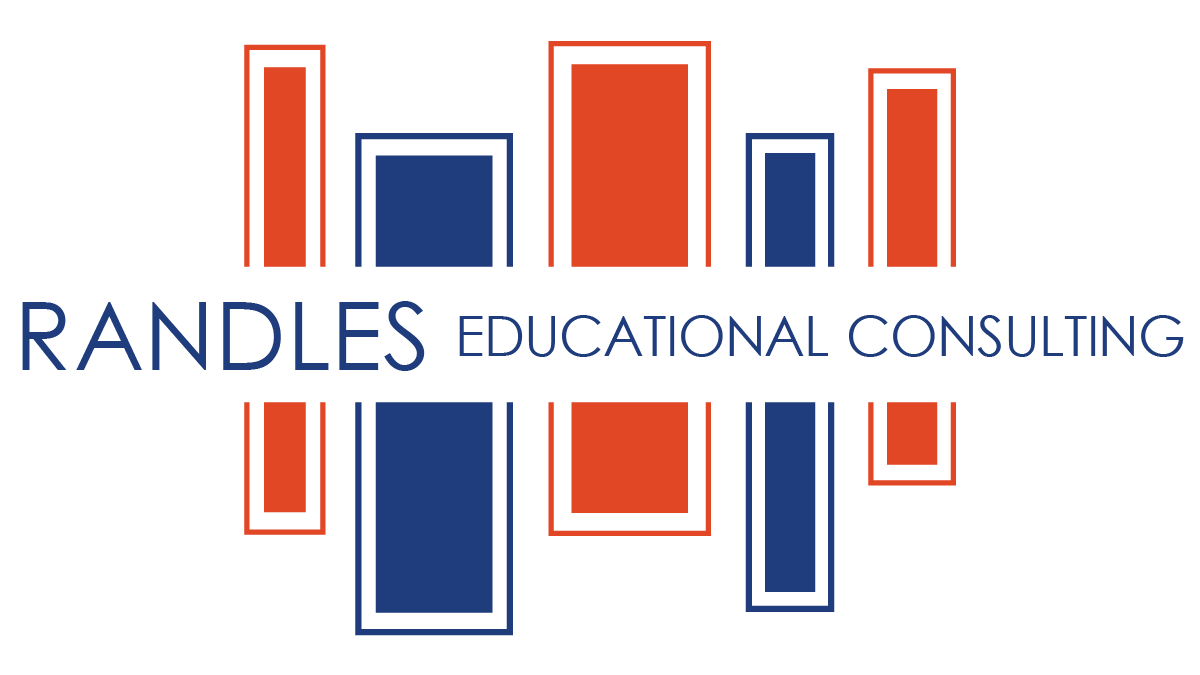College acceptances are in, decisions for deposits are pending, and your child is ready to move on to the next phase of life. But there are a few things you should know now that your child is turning 18 and is legally an adult.
For the last 18 years, you have been managing most of the important aspects of your student’s life. Well, that’s about to change. When your child turns 18, your rights as a parent start to disappear. Your student is now 100% legally responsible for every decision they make. That includes finances, their health, and anything that happens academically. Because of this, it’s time to get familiar with a few important acronyms.
FERPA
FERPA (the Family Educational Rights and Privacy Act) is a federal law that protects the privacy of student educational records. When a student turns 18 or enters college, the rights of access to the student’s records transfer to the student. Generally speaking, students must provide written consent for you to access information about their educational, student life or financial records. However, schools are permitted to share information with parents if your child is claimed as a dependent for tax purposes. But, not all schools will disclose this information without a release form or waiver signed by the student.
HIPAA
HIPAA (Health Insurance Portability and Accountability Act) is another federal law that protects patient health information from being disclosed without the patient’s consent or knowledge. This law effectively prevents anyone not named in a signed release from receiving medical information about another adult, even if that adult is your child. So, if your child was injured or otherwise incapacitated, you would not have the right to make medical decisions on their behalf.
Should parents do anything to maintain access to their adult child’s educational information?
This is, of course, a highly personal decision and one that should be evaluated based on your child’s maturity and independence and based on your relationship with that child. We all know that many young adults, especially those who have recently turned 18, are not quite ready to handle all of the adult responsibilities that have been handed to them, seemingly overnight. So, asking your child to sign a release form with their institution might be a good idea.
Should parents do anything to maintain access to their adult child’s medical information?
It is generally recommended that your child sign a full blanket authorization to remain in the parents’ possession should you have to prove you have the power to make any medical decisions for your child. This can also be accomplished with a medical power of attorney, a document that will give parents the ability to make healthcare decisions for their adult child.
You may also want to discuss a durable power of attorney to handle any business for them should they become incapacitated, or out of the country for study abroad, or if you just need to assist with their affairs. Your child should have a say in the limitations, or not, but the conversation is worth having.
Most of these documents may be created without a lawyer, but you’ll want to be sure the paperwork is completely accurate. Either way, an adult conversation with your new adult is a great way to feel more confident as you send them off with love.
